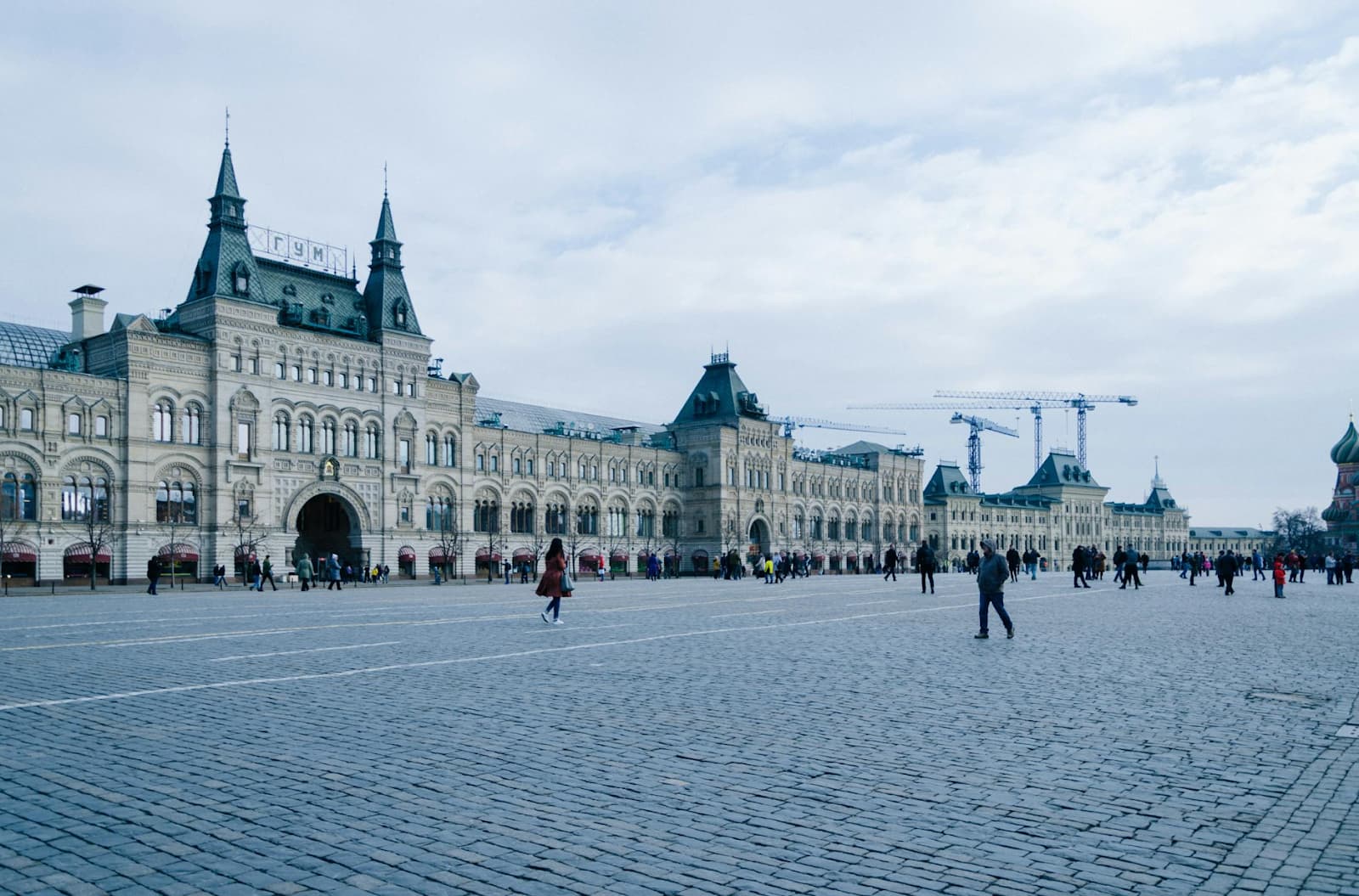Writing a dissertation is a monumental task for students in any academic system, but in Russia, it presents unique challenges shaped by the country’s educational structure, cultural expectations, and academic practices. For students pursuing advanced degrees, overcoming these hurdles requires resilience, resourcefulness, and support. Students who need additional guidance might consider seeking professional assistance, such as services that help streamline the writing process, which you can explore further at https://cescriptielatenschrijven.nl/scriptie-laten-schrijven/ .
1. Navigating Bureaucratic Procedures
One of the first challenges students encounter is dealing with the extensive bureaucracy inherent in the Russian academic system. Securing approval for research topics, enrolling in postgraduate programs, and maintaining compliance with institutional guidelines often involves a lengthy process filled with paperwork. Students must submit proposals, obtain supervisor endorsements, and adhere to timelines, which can be daunting, especially for those unfamiliar with the procedures. These bureaucratic hurdles can delay progress and divert attention from the actual research and writing process.
2. Balancing Rigorous Academic Standards
Russian universities maintain high academic standards for dissertations, often requiring original contributions to the field. Students must demonstrate a deep understanding of their subject matter and produce work that meets stringent academic criteria. The process demands extensive research, often requiring students to analyze complex data, engage with primary sources, and synthesize theoretical frameworks. For many, this level of rigor can be overwhelming, particularly if they lack prior experience with such intensive scholarly work.
3. Limited Access to Research Resources
Accessing research materials is another significant challenge. While Russia boasts world-class libraries and archives, gaining entry to these resources can be complicated. Some collections are located in distant cities or have restricted access policies. Moreover, students may struggle to access international academic journals and databases due to language barriers or financial constraints. This limited access can hinder their ability to incorporate the latest research into their dissertations, compromising the quality and relevance of their work.
4. Language Barriers
For international students and even some native Russians, language can pose a major obstacle. Academic writing in Russian demands a high level of proficiency in formal and technical language, which differs significantly from conversational Russian. Even native speakers often face difficulties mastering the complex syntax and specialized terminology required for dissertations. International students, in particular, must navigate the dual challenge of conducting research in a foreign language and adhering to academic conventions that may differ from those in their home countries.
5. Challenges in Supervisor Relationships

The role of the academic supervisor is critical in the dissertation process. In Russia, the supervisor’s guidance can significantly influence a student’s research direction and overall success. However, mismatches in expectations, communication styles, or availability can create tension. Some students find that their supervisors are too busy to provide consistent feedback, while others may face disagreements over research methodologies or the focus of their work. These challenges can lead to frustration and slow progress if not addressed effectively.
6. Financial Constraints
Pursuing a postgraduate degree in Russia often comes with financial challenges. While some students receive scholarships or stipends, these are rarely sufficient to cover living expenses, research costs, and other academic needs. Many students must juggle part-time jobs or family responsibilities alongside their studies, which can detract from the time and energy needed for dissertation writing. Additionally, funding for travel to archives, conferences, or fieldwork is often limited, posing further challenges for those conducting specialized research.
7. Coping with Stress and Isolation
Writing a dissertation can be an isolating experience, as students spend countless hours immersed in research and writing. In Russia, the competitive academic culture can exacerbate feelings of stress and loneliness. Many students struggle to find a balance between their academic responsibilities and personal lives, leading to burnout. The lack of mental health support services in some institutions further compounds the problem, leaving students to navigate these challenges largely on their own.
8. Adapting to a Changing Academic Environment
The academic landscape in Russia has undergone significant changes in recent years, with increasing emphasis on international collaboration and the adoption of global academic practices. While these developments offer opportunities for students, they also create additional challenges. Adapting to new standards, integrating international research methods, and meeting publication requirements for international journals can be daunting for those accustomed to traditional academic norms.
Strategies for Overcoming Challenges
Despite these challenges, many students successfully complete their dissertations and make meaningful contributions to their fields. Strategies for overcoming these obstacles include:
• Seeking Guidance and Support: Building strong relationships with supervisors, peers, and academic mentors can provide invaluable support throughout the process. Participating in academic workshops, seminars, and peer review groups can also foster a sense of community.
• Utilizing Available Resources: Students should take full advantage of university libraries, research centers, and online databases. Networking with other researchers can also open doors to additional resources and collaborative opportunities.
• Improving Time Management: Developing a structured timeline and setting realistic goals can help students stay on track and manage their workload effectively.
• Prioritizing Mental Health: Engaging in stress-relief activities, seeking counseling services, and maintaining a healthy work-life balance are essential for long-term success.
• Exploring Financial Aid: Applying for grants, scholarships, and other funding opportunities can alleviate financial burdens and allow students to focus more on their academic goals.
Conclusion
Writing a dissertation in Russia is a challenging yet rewarding journey that requires dedication, perseverance, and strategic planning. While students face numerous obstacles, from bureaucratic hurdles to financial pressures, these challenges can be mitigated through proactive measures and support networks. By recognizing and addressing these difficulties, students can successfully navigate the dissertation process and achieve their academic aspirations, contributing to the rich tradition of scholarship in Russia.




